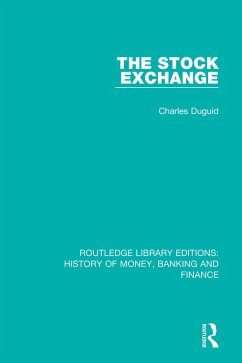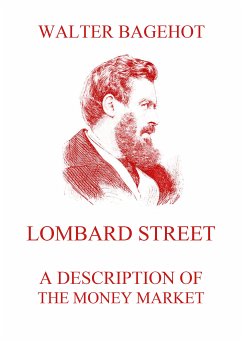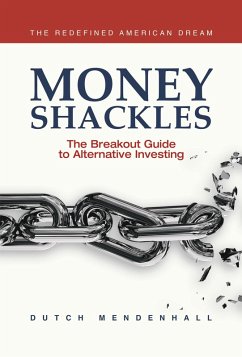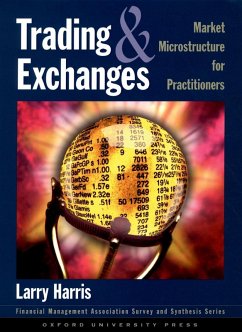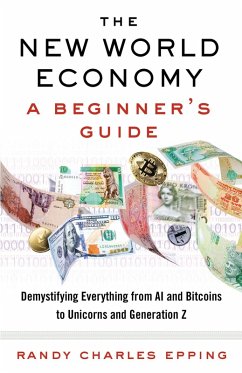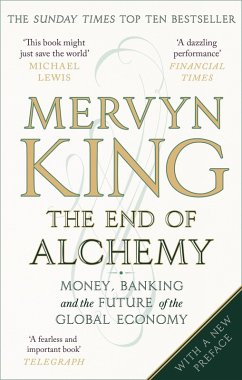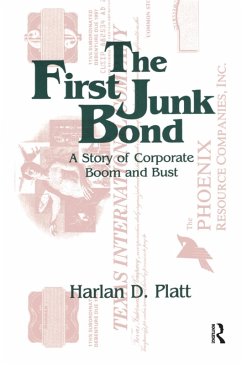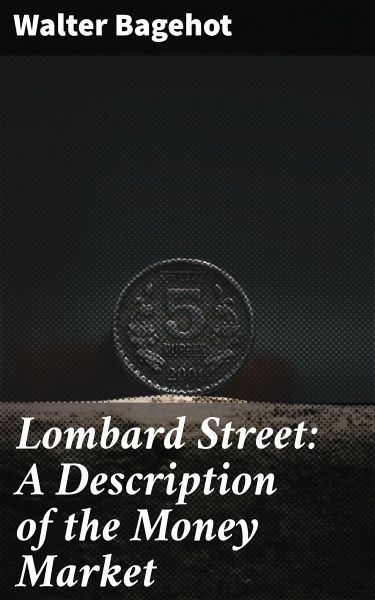
Lombard Street: A Description of the Money Market (eBook, ePUB)
Enriched edition. Unraveling the Intricacies of the Financial System: Insights from 'Lombard Street'
Kommentar: Dixon, Fiona / Redaktion: Good Press
Versandkostenfrei!
Sofort per Download lieferbar
1,99 €
inkl. MwSt.
Weitere Ausgaben:

PAYBACK Punkte
0 °P sammeln!
Walter Bagehot's 'Lombard Street: A Description of the Money Market' provides a profound analysis of the London money market, delving into its various mechanisms and influences. Written in 1873, this seminal work employs a lucid, engaging prose style that marries rigorous economic theory with practical observation. Bagehot expertly examines the intricate relationships between banks, stock exchanges, and the overall economy, contextualizing his insights within the broader financial landscape of the Victorian era, which was marked by rapid industrialization and emerging economic theories. Bageho...
Walter Bagehot's 'Lombard Street: A Description of the Money Market' provides a profound analysis of the London money market, delving into its various mechanisms and influences. Written in 1873, this seminal work employs a lucid, engaging prose style that marries rigorous economic theory with practical observation. Bagehot expertly examines the intricate relationships between banks, stock exchanges, and the overall economy, contextualizing his insights within the broader financial landscape of the Victorian era, which was marked by rapid industrialization and emerging economic theories. Bagehot, a noted economist, journalist, and editor of 'The Economist', drew upon his extensive experience in financial journalism and analysis to craft this insightful exploration. His position within society, coupled with his intellectual curiosity, enabled him to distill complex financial concepts into accessible language. Bagehot's keen observations on monetary policy and credit have resonated through time, influencing generations of economists and policymakers. For readers seeking a foundational understanding of modern finance, 'Lombard Street' is indispensable. Bagehot's astute observations and analytical prowess not only illuminate the intricacies of 19th-century monetary policy but also offer compelling lessons for contemporary economic discourse. This work is a must-read for anyone interested in the dynamics of finance and its critical role in shaping society. In this enriched edition, we have carefully created added value for your reading experience: - A succinct Introduction situates the work's timeless appeal and themes. - The Synopsis outlines the central plot, highlighting key developments without spoiling critical twists. - A detailed Historical Context immerses you in the era's events and influences that shaped the writing. - A thorough Analysis dissects symbols, motifs, and character arcs to unearth underlying meanings. - Reflection questions prompt you to engage personally with the work's messages, connecting them to modern life. - Hand-picked Memorable Quotes shine a spotlight on moments of literary brilliance. - Interactive footnotes clarify unusual references, historical allusions, and archaic phrases for an effortless, more informed read.
Dieser Download kann aus rechtlichen Gründen nur mit Rechnungsadresse in A, B, BG, CY, CZ, D, DK, EW, E, FIN, F, GR, H, IRL, I, LT, L, LR, M, NL, PL, P, R, S, SLO, SK ausgeliefert werden.





